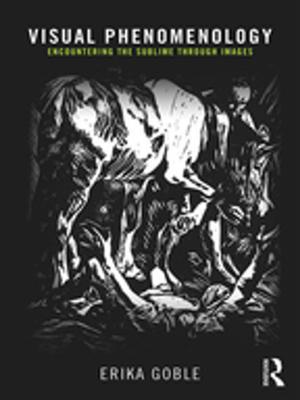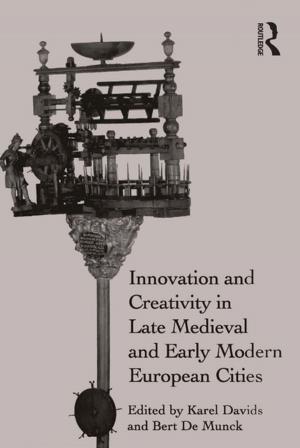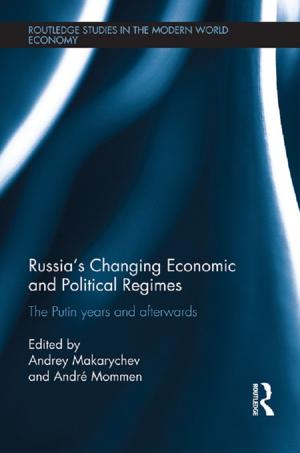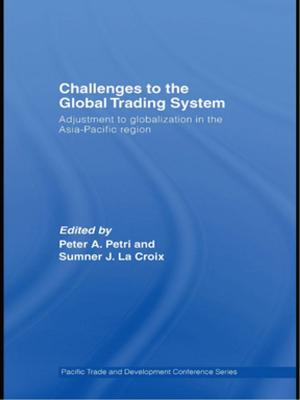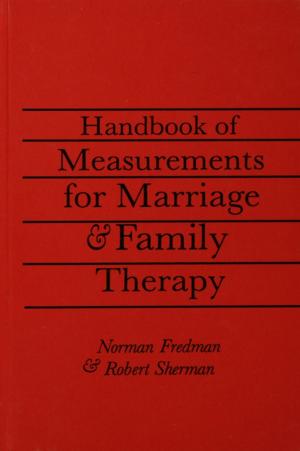Georgia from National Awakening to Rose Revolution
Delayed Transition in the Former Soviet Union
Nonfiction, Social & Cultural Studies, Political Science| Author: | Jonathan Wheatley | ISBN: | 9781351933889 |
| Publisher: | Taylor and Francis | Publication: | May 15, 2017 |
| Imprint: | Routledge | Language: | English |
| Author: | Jonathan Wheatley |
| ISBN: | 9781351933889 |
| Publisher: | Taylor and Francis |
| Publication: | May 15, 2017 |
| Imprint: | Routledge |
| Language: | English |
Jonathan Wheatley examines the tortuous process of regime change in Georgia from the first pro-independence protests of 1988 to the aftermath of the so-called Rose Revolution in 2004. It is set within a comparative framework that includes other transition countries, particularly those in the former Soviet Union. The book provides two important theoretical innovations: the notion of a regime, which is an under-theorized concept in the field of transition literature, and O'Donnell, Schmitter and Karl's notion of a dynamic actor-driven transition. The volume turns to the structural constraints that framed the transition in Georgia and in other republics of the former Soviet Union by looking at the state and society in the USSR at the close of the Soviet period. It examines the evolution and nature of the Georgian regime, and ultimately addresses the theoretical and empirical problems posed by Georgia's so-called Rose Revolution following the falsification of parliamentary elections by the incumbent authorities.
Jonathan Wheatley examines the tortuous process of regime change in Georgia from the first pro-independence protests of 1988 to the aftermath of the so-called Rose Revolution in 2004. It is set within a comparative framework that includes other transition countries, particularly those in the former Soviet Union. The book provides two important theoretical innovations: the notion of a regime, which is an under-theorized concept in the field of transition literature, and O'Donnell, Schmitter and Karl's notion of a dynamic actor-driven transition. The volume turns to the structural constraints that framed the transition in Georgia and in other republics of the former Soviet Union by looking at the state and society in the USSR at the close of the Soviet period. It examines the evolution and nature of the Georgian regime, and ultimately addresses the theoretical and empirical problems posed by Georgia's so-called Rose Revolution following the falsification of parliamentary elections by the incumbent authorities.











